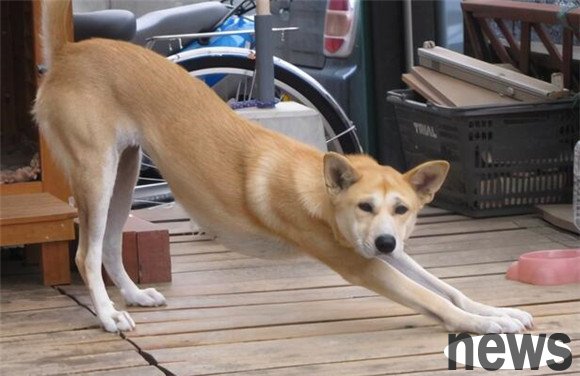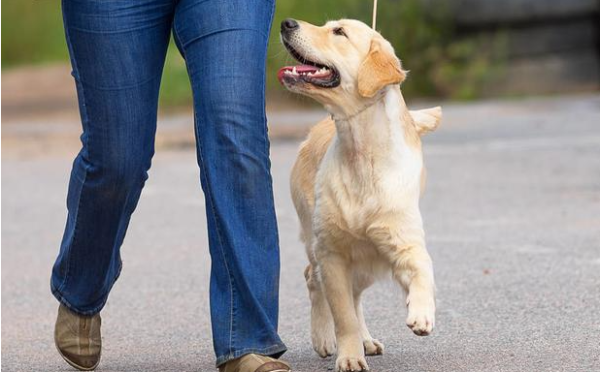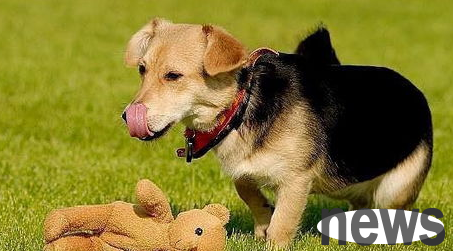Supreme Court: The banned dogs are injured. Regardless of whether the victim is at fault, the owner of the dog is responsible for the full responsibility.
The behavior of causing damage to people is not limited to the behavior of biting, scratching, and other direct contact with people's body. Dogs bark, smell, or chase others when they get close to others, and in certain circumstances, they may also cause panic and thus cause corresponding physical damage. Even if the dogs raised do not have direct physical contact with others, as long as there is a causal relationship with the consequences of the damage, it is also considered that "the animals raised cause damage to others", the breeder should still bear the corresponding responsibility. The handling of this case is a guiding role in the judgment of pet "contactless injury" cases. When raising pets in daily life, the breeder or manager should raise awareness of control. When the dog is outside, it should reasonably control and control it and take responsibility for the health and safety of itself and others.
In violation of dog raising behavior,
Wang Moumou should be denied and stopped operating a dry goods stall in a certain vegetable market. He raised 11 dogs without a license in the dry goods stall and did not have a traction leash. The local public security organs have produced a "Notice of Order to Correction" for Wang Moumou, but Wang Moumou has not yet registered for dog raising. Later, after the police station received a report from the police, the police rushed to the scene to persuade Wang Moumou, but it was invalid. The police took Wang Moumou to the police station to make an inquiry record. At the same time, we contacted an animal rescue center to assist in capturing dogs that were illegally raised on site and sending them to the local stray dog shelter center. The public security organs made an "Administrative Penalty Decision" and decided to confiscate the 11 unlicensed dogs raised by Wang Moumou. Wang Moumou was dissatisfied and filed an administrative lawsuit, requesting the revocation of the Administrative Penalty Decision.
The trial court held that the local "Dog Riding Management Regulations" stipulate that dog raising in key management areas shall be subject to a registration system. If a dog is not registered, no unit or individual may raise it; each household in the key management area is limited to one, and no strong or large dogs shall be raised; if individuals raise more than one dog in each household, the public security organ shall criticize and educate and order them to correct the problem within a time limit. If the deadline does not change the amount of dogs that exceed the limit will be confiscated. Based on this, the public security organs have the power to investigate and punish illegal dog raising activities within their jurisdiction. In this case, Wang Moumou was ordered to refuse to make rectification. The fact that the punishment decision was made before the public security organs confirmed that Wang Moumou had a dog without a license was clear and the evidence was sufficient. According to the above provisions, the public security organs decided to confiscate the unlicensed dogs raised by Wang Moumou, and the laws and regulations were applied correctly, and the penalty range was not improper. After the public security organs handled the case registration, they performed the procedures such as investigation and inquiry and informed statements and defense before punishment in accordance with the law, and the procedures were legal. The final judgment: Wang Moumou’s lawsuit was rejected.
The harmonious environment advocates civilized dog raising, and a society ruled by law supports raising dogs in accordance with the law. In this case, the People's Court based on administrative trials and supports the administrative penalties imposed by the public security organs on breeders who have failed to fulfill their legal obligations to register dogs and have not fulfilled their obligations to guard them in this case, effectively avoiding damage caused by unspecified groups in public places due to dogs involved in the case, and avoiding the occurrence of vicious consequences of dogs hurting people.




